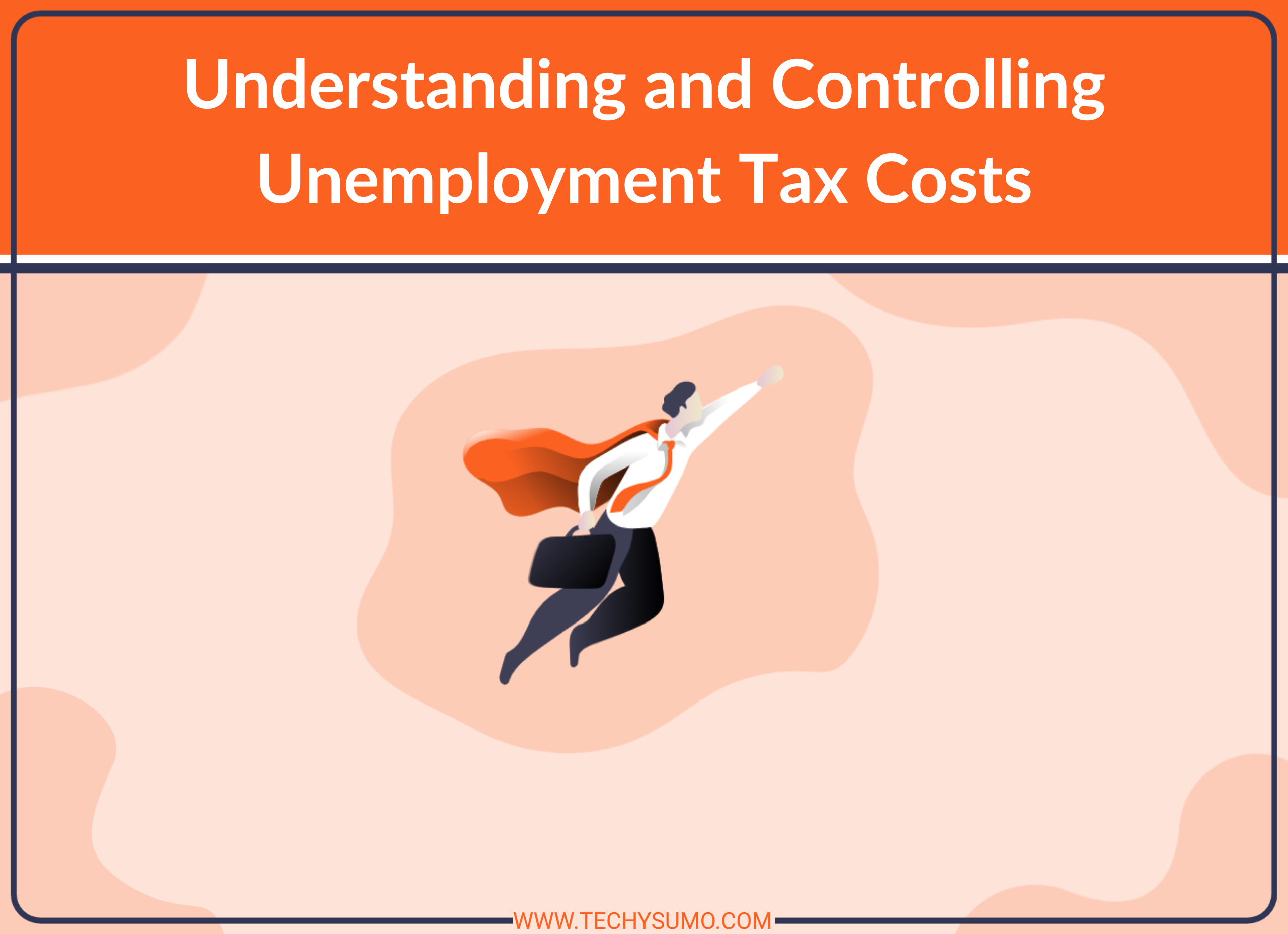You must pay the Federal Unemployment Tax Act (FUTA) tax on sums paid to each employee as wages up to $7,000 throughout the calendar year as an employer. The tax rate is 6%, although credit can be used to lessen it. The majority of employers pay an effective FUTA tax rate of 0.6 percent. For each employee earning at least $7,000 per year, a 6 percent-taxed firm would pay $420 in FUTA tax, whereas a 0.6 percent-taxed employer would pay $42.
Tax Credit
Unlike FICA taxes, only employers — not employees — are responsible for the FUTA tax. Most businesses are required to pay both a federal and a state unemployment tax. Employer unemployment tax rates differ from state to state. Credit for contributions paid into state unemployment funds may be used to offset the FUTA tax, effectively lowering (but not eliminating) the net FUTA tax rate.
Employers in states that borrowed cash from the federal government to provide unemployment benefits and failed on repaying the loan can have the credit amount reduced, increasing the effective FUTA tax rate.
For FUTA purposes, some services provided by an employee are not considered employment. Even if an employee’s services are considered employment for FUTA purposes, some compensation received for those services is exempt from the tax, such as most fringe benefits.
States have passed laws allowing some firms to pay less, acknowledging the insurance premise of taxing based on “risk.” The number of former employees who have filed unemployment claims with the state, the current number of employees you have, and the age of your business can all affect your unemployment tax planning. Generally, the bigger the number of claims filed against a company, the higher the unemployment tax bill.
Also Read
Here are four ways to help control your unemployment tax costs:
1. “Buy down” your unemployment tax rate if your state allows it. Some states allow employers to buy down their rates every year. If you qualify, you might save a lot of money on unemployment taxes.
2. Hire cautiously and carefully evaluate candidates. Your unemployment benefits are determined in part by the number of employees that file for unemployment benefits. You don’t want to hire workers to fill a gap in the market only to have to fire them if sales slow down. A temporary staffing service can help you in meeting short-term demands without having to hire permanent employees, allowing you to avoid layoffs.
3. Prepare yourself for success. Despite company claims that employees failed to perform satisfactorily, many unemployment insurance claimants are awarded benefits. This could happen if the hearing officer determines that the employer did not give sufficient training for the employee to succeed in the position.
4. Handle terminations with caution. If you have no choice but to fire an employee, consider providing severance and outplacement benefits. Unemployment insurance benefits may be reduced or delayed as a result of severance pay. Because a claimant finds a new job, effective outplacement services may hasten the termination of unemployment benefits.






